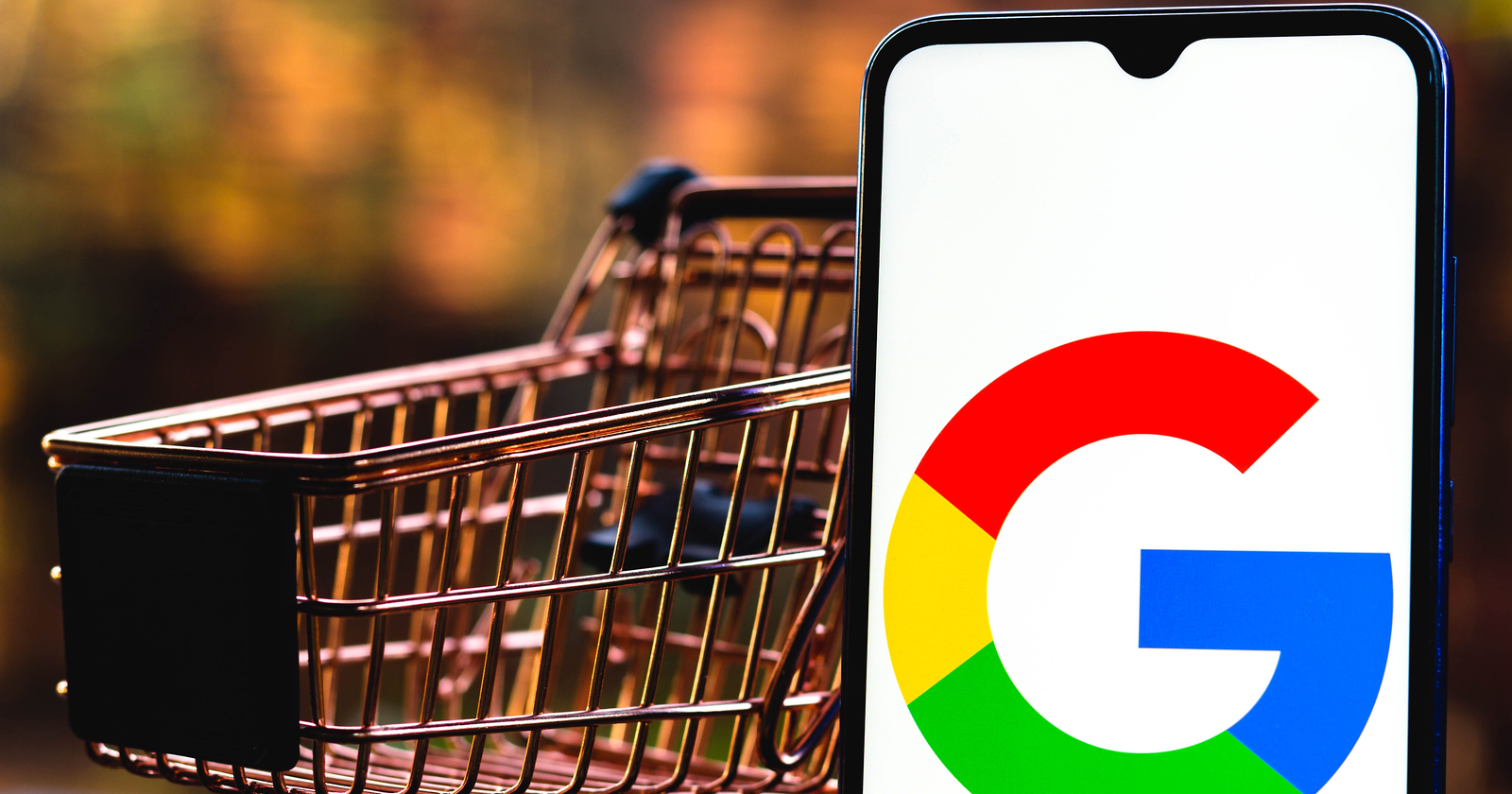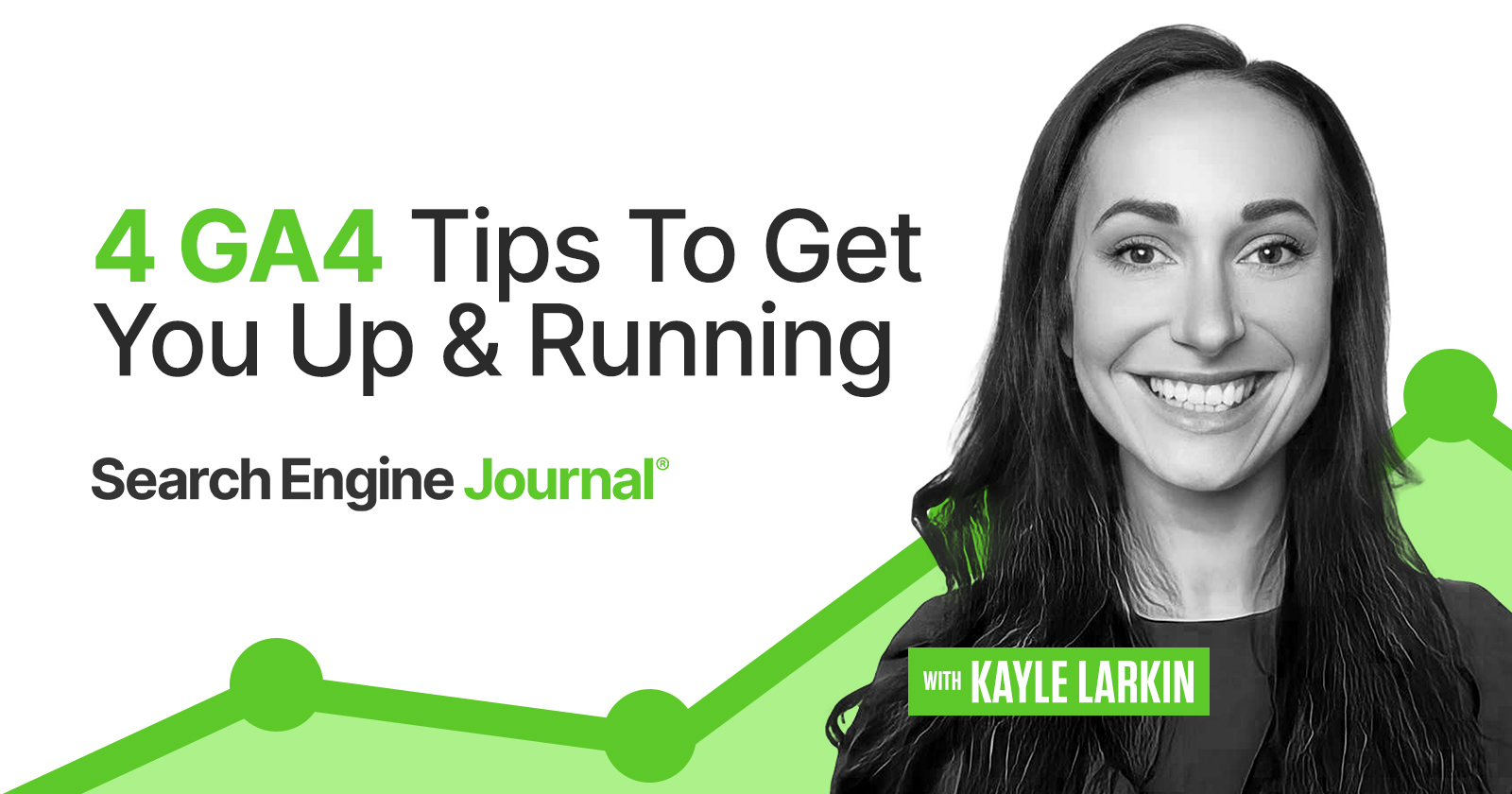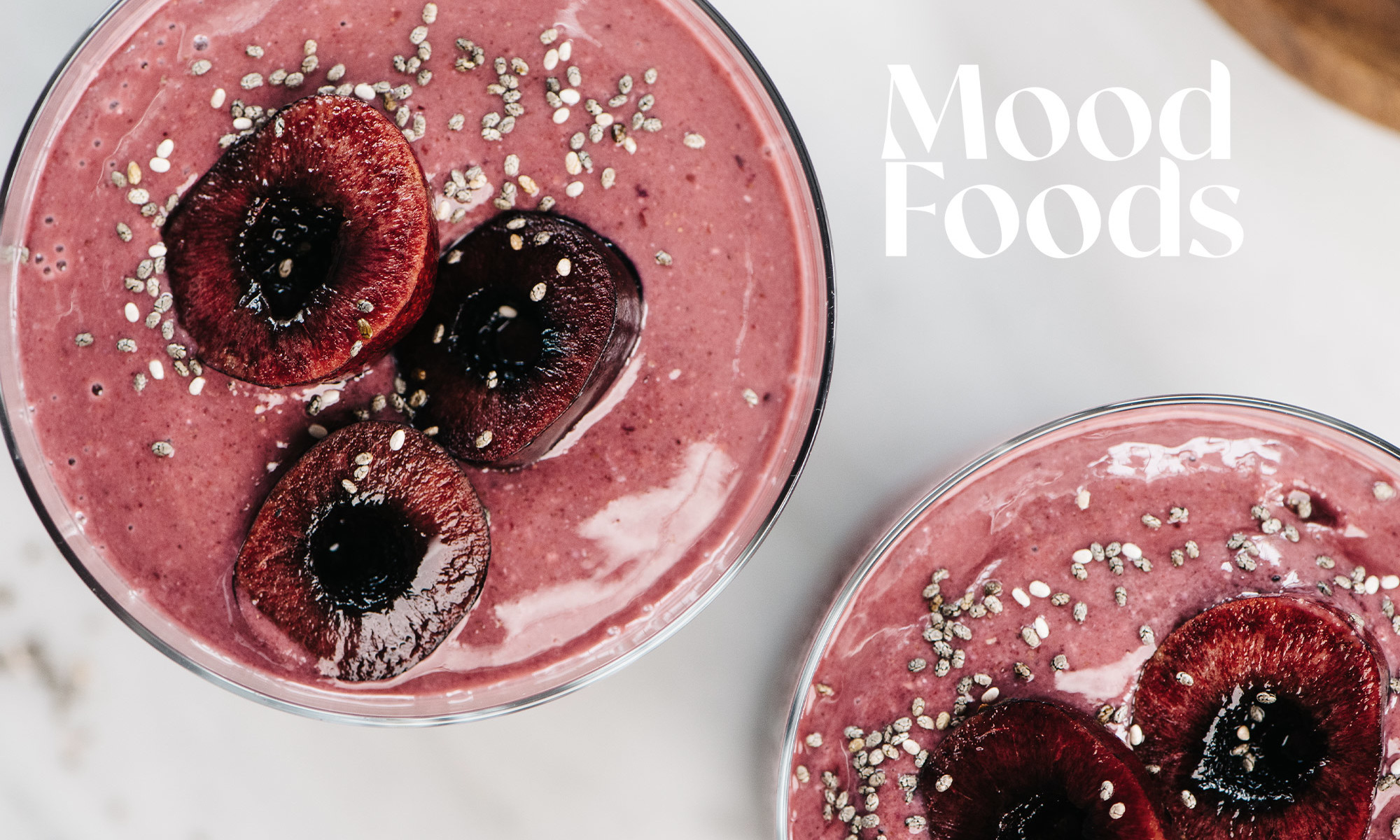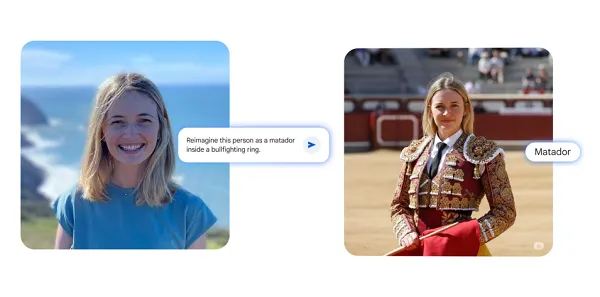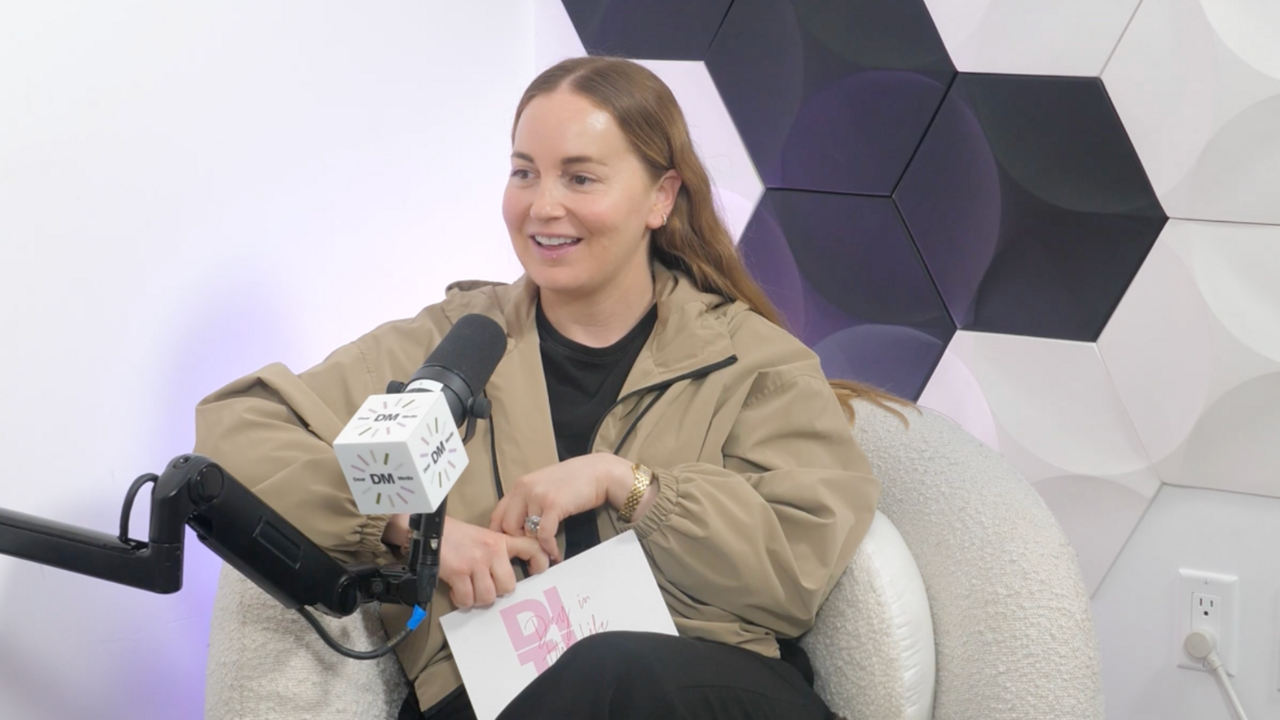4 Ways PPC and SEO Can Work Together (And When They Can’t)
Pay-per-click (PPC) is a form of online advertising where advertisers pay a fee each time someone clicks their ad. There’s no conundrum between the two types of marketing. You don’t have to choose one or the other; the best...
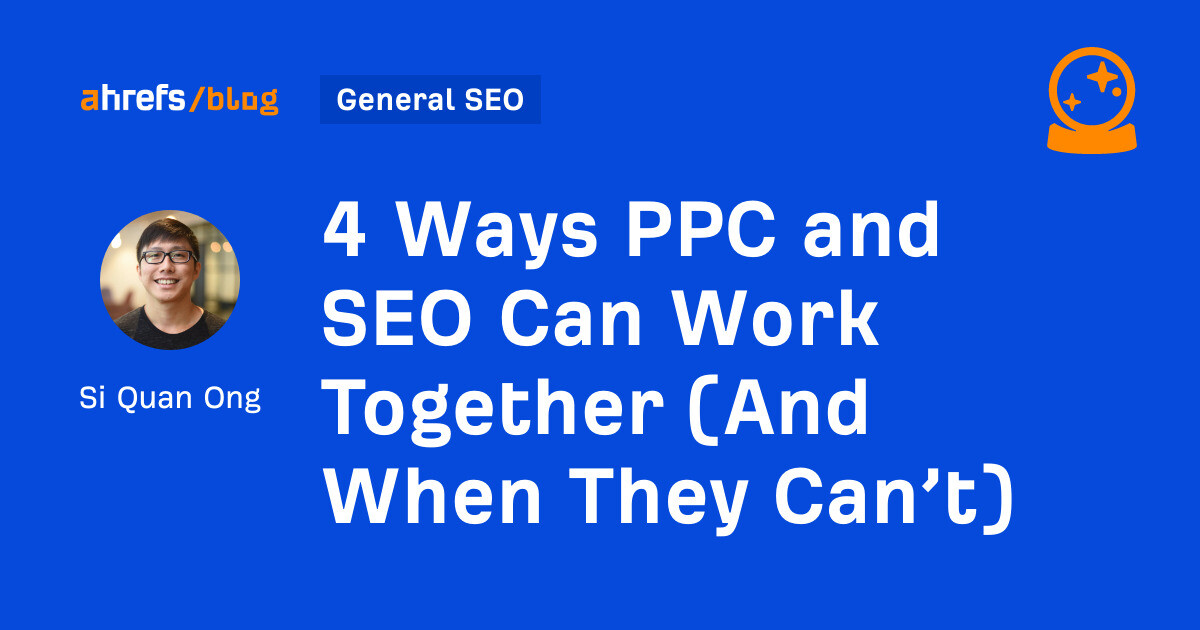
Search engine optimization (SEO) is the process of optimizing your pages to rank in a search engine’s organic results. Pay-per-click (PPC) is a form of online advertising where advertisers pay a fee each time someone clicks their ad. There’s no conundrum between the two types of marketing. You don’t have to choose one or the other; the best companies use both. Here’s how they can work together and produce magic: Creating SEO content is the process of figuring out what your target audience is searching on Google and aligning your content to their search intent. To start off, you need to find out what they’re searching for. The easiest way is to use a keyword research tool, like Ahrefs’ Keywords Explorer. Here’s how you might find keywords for a hypothetical coffee equipment store: Go through the list and pick out keywords that are relevant to the site. For example, the keyword “how to grind coffee beans” seems like a good keyword to target. Once we’ve chosen our keyword, we want to know what searchers are looking for specifically. Sometimes the keyword gives us an idea, but to be sure, we can look at the top-ranking pages. So, click the SERP button and then click Identify intents to see what searchers are looking for: We can see that searchers are looking for techniques and methods to grind coffee beans at home, and especially without a grinder. If we want to rank high, we’ll likely have to follow suit. Those are the basics of creating SEO content. But doing just this isn’t enough. After all, the quote goes, “if a tree falls in a forest and no one hears it, does it make a sound?” This applies to your content too. You don’t want to create into a void; you want people to see and consume your content. This is where PPC comes in. You can run PPC ads to ensure that as many people see your content as possible. For example, at Ahrefs, we run Facebook ads for our content: We also run ads on Quora: This way, we make sure that none of our content efforts go to waste. Links are an important Google ranking factor. Generally speaking, the more links your page has, the more likely it’ll rank high in the search results. But acquiring links is hard. This is why it’s still a reliable ranking factor. And it’s also why there’s an entire industry behind link building, and tons of tactics you can use, all with varying levels of success. One way you can consider building links to your pages is to run PPC ads. In fact, we ran an experiment a few years ago to prove that it was possible. https://www.youtube.com/watch?v=Uz2bGhdnJN0 We spent ~$1,245 on Google search ads and acquired a total of 16 backlinks to two different pieces of content. (~$77-78 per backlink.) This is much cheaper than if you had to buy a backlink, which according to our study, costs around $361.44. (It would be even more expensive if you acquired links via outreach, as you would have to consider additional costs like software, manpower, etc.) Retargeting allows you to target visitors who have left your website. Here’s how retargeting works: Depending on where they are on the buyer’s journey, you can convince them to take the next step. For example, if someone found your website via your article on the “best espresso machines”, it’s likely they’re looking to buy. So, you can set your retargeting ad to encourage them to visit your espresso machines category page. On the other hand, if a visitor discovered your website from your “what is a coffee grinder” article, they might still be early on the journey. In that case, it might be prudent to encourage them to sign up for your email list instead. Every site has important keywords. For example, besides our brand and product terms, critical keywords are “keyword research”, “link building”, and “technical SEO”. Since these keywords are important, it makes sense to dominate the SERPs for them. You can do this by simultaneously running ads for them while ranking in organic search. For example, Wix ranks for the keyword “create website for free” in both paid and organic SERPs: This is especially useful if you’re a new or smaller site. The keywords that are important to you are likely important to your competitors too. Which means you can’t compete with them overnight. So, a good strategy is to target those keywords via PPC first, while investing in your SEO strategy. Over time, as you acquire more backlinks and gain more website authority, you’ll be able to compete with your competitors in organic search too. While both channels are complementary, there are times where it may make more sense to choose one over the other. If you fit these scenarios, it might be a better idea to go for PPC: Here are times when it may make better sense to choose SEO: There are cases where focusing on either SEO or PPC makes sense. But most of the time, the best companies don’t discriminate between channels. If they produce positive ROI, then you should be using all marketing channels.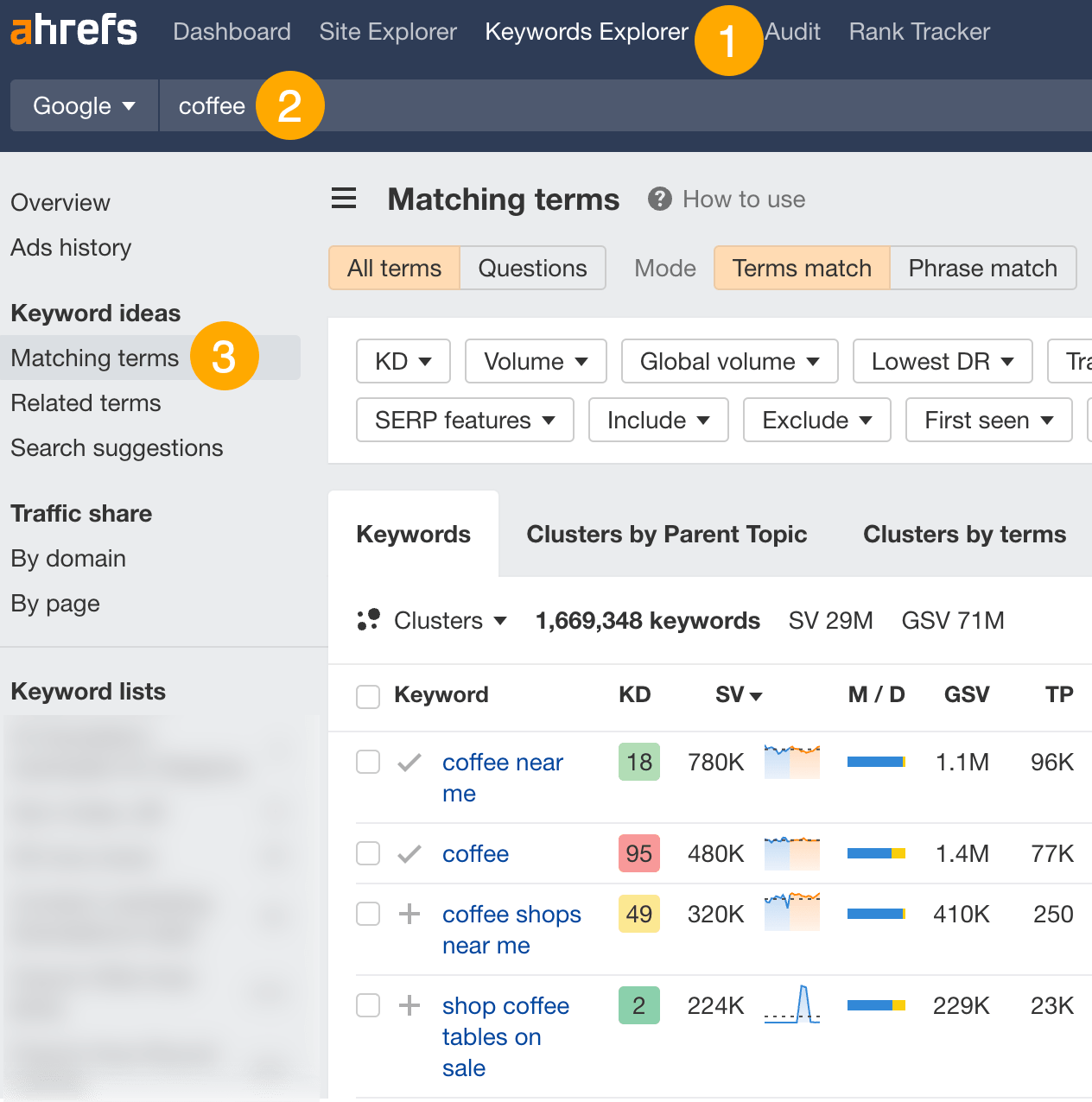

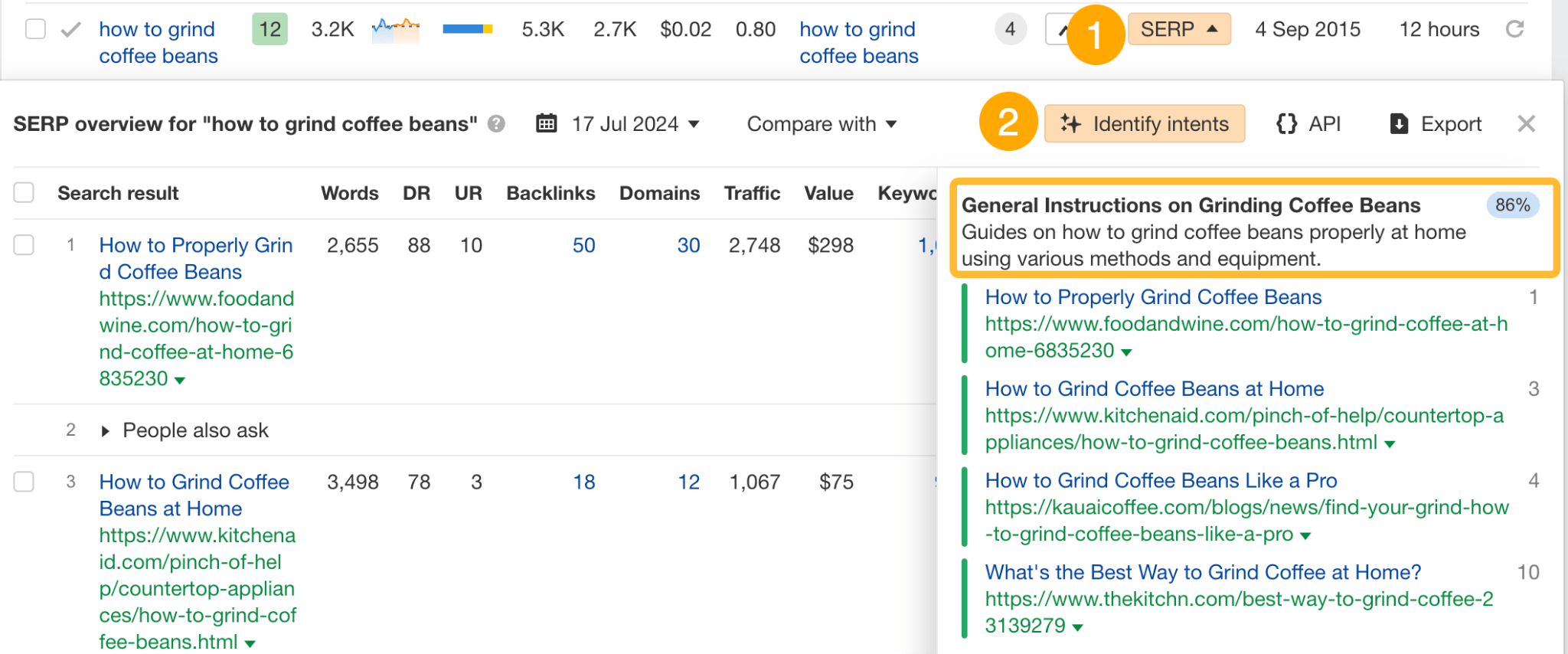
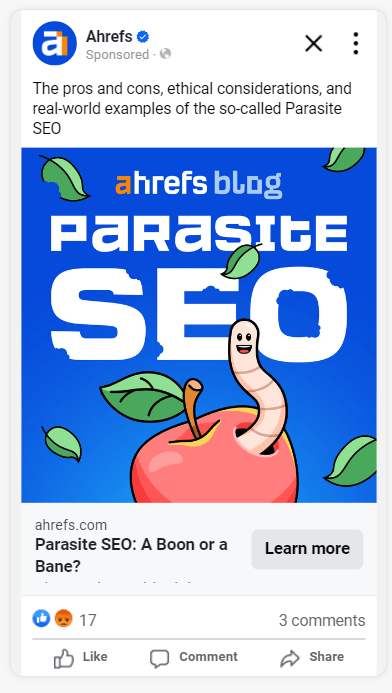
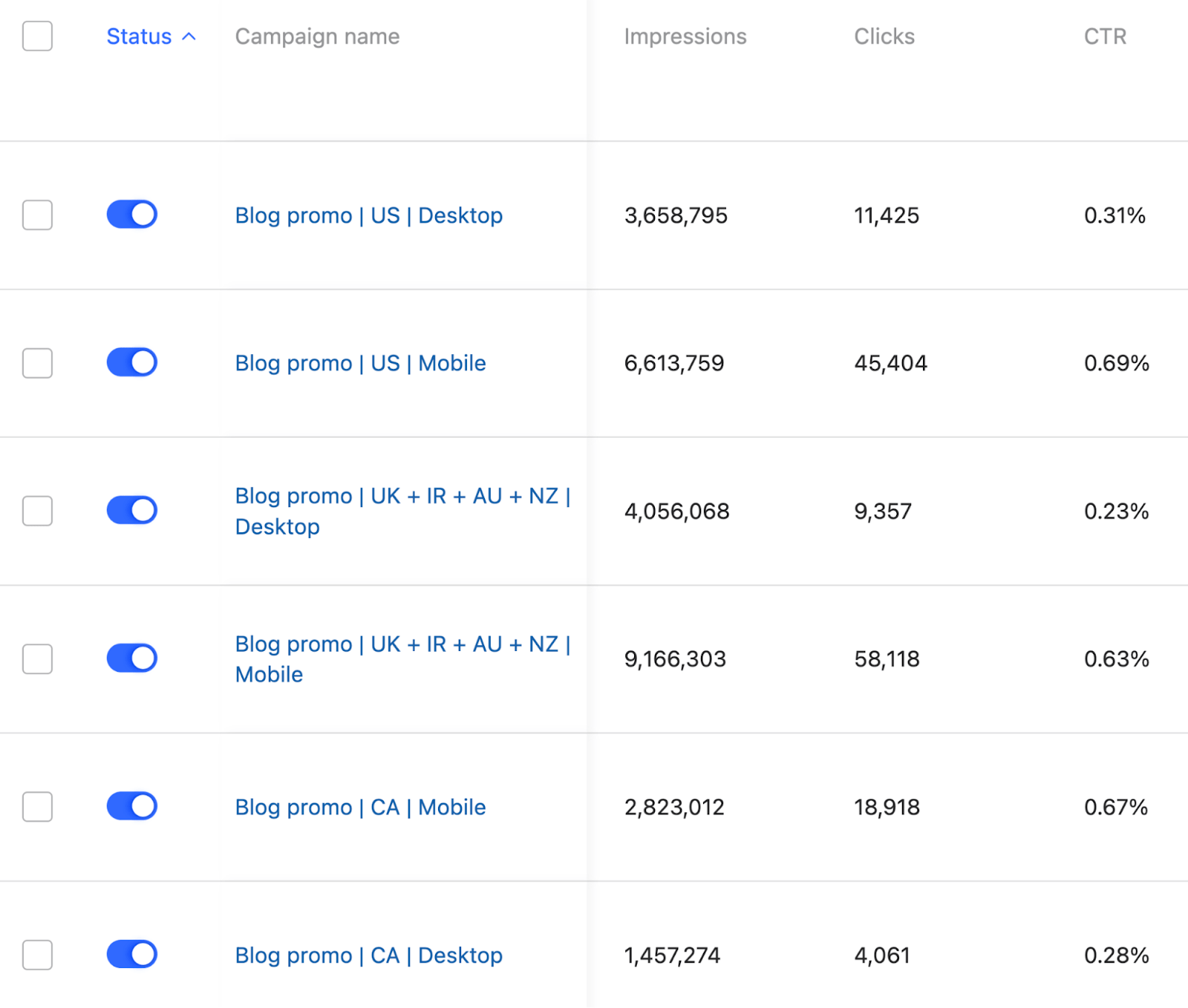
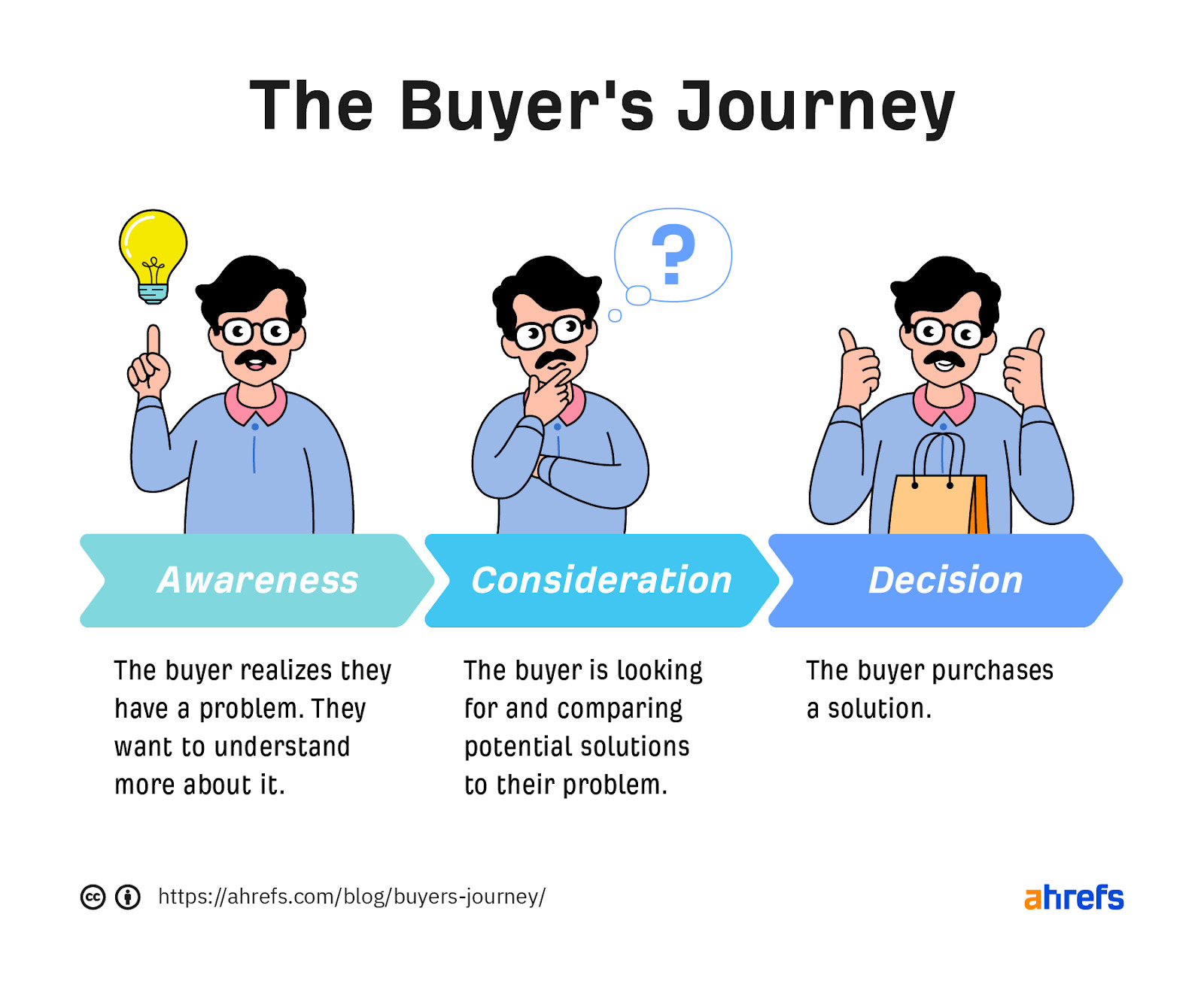
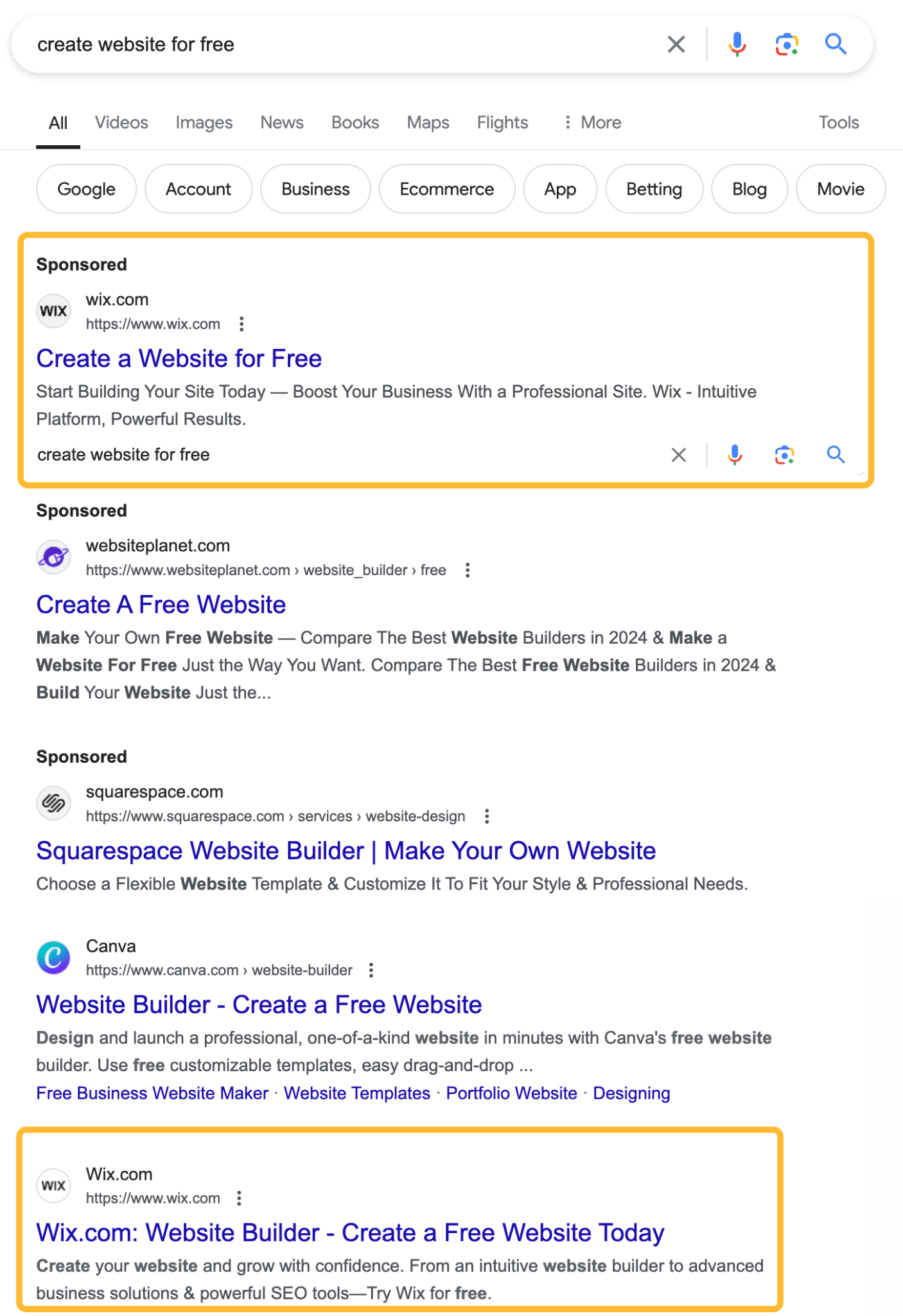
When to choose PPC
When to choose SEO
Final thoughts

 Tekef
Tekef 









